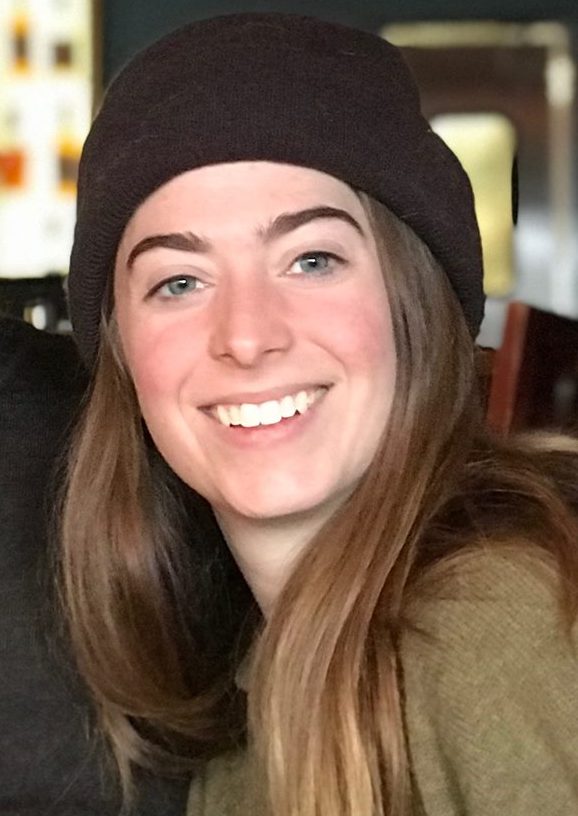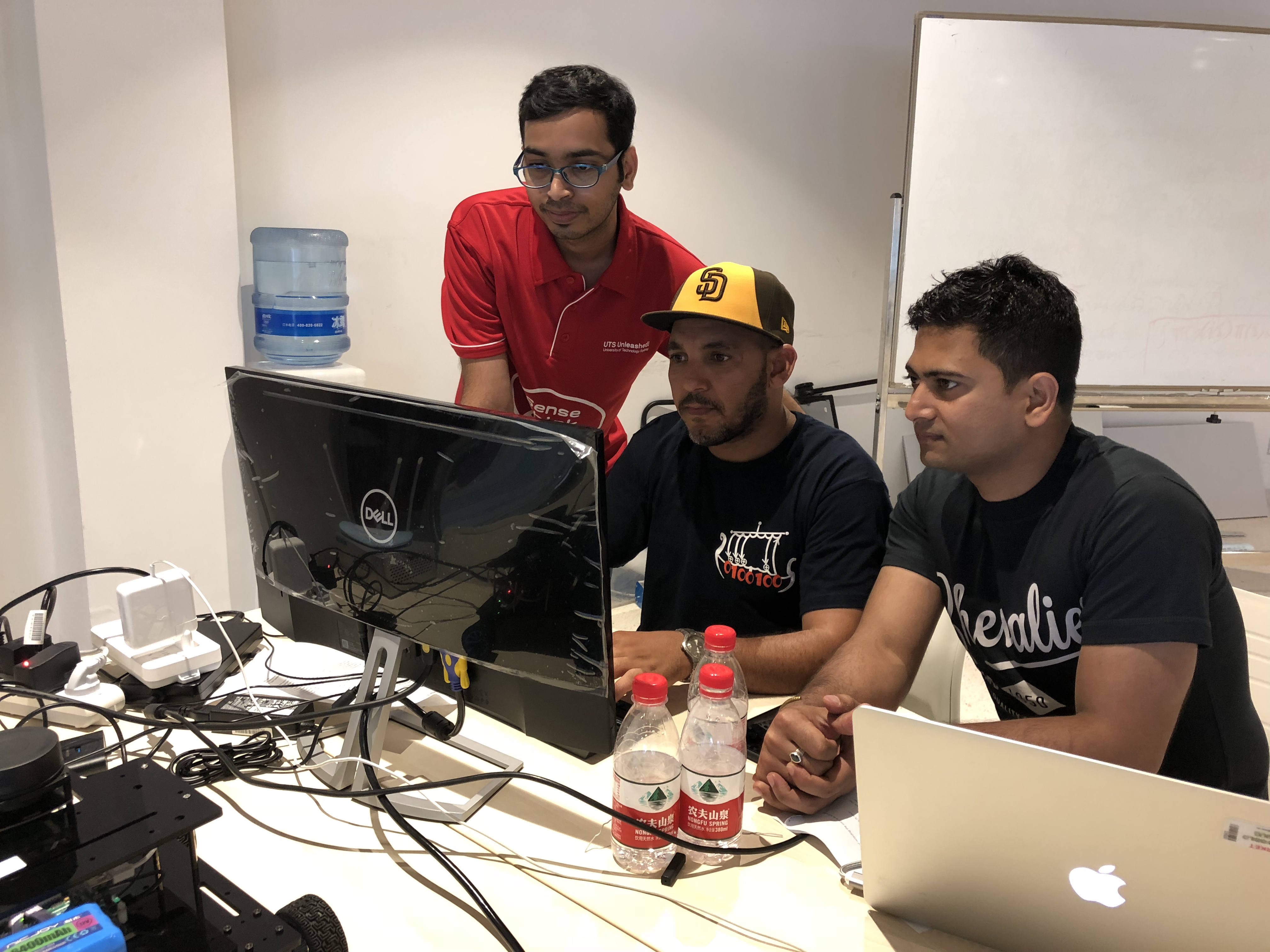
Kelsey Moran
Ph.D. started in: 2019
Expected year of graduation: 2023
COINS consortium member: Norwegian University of Science and Technology
Supervised by: Kristian Gjøsteen
Links: ![]()
Research area: Cryptography
Project title: Future Proofing Cryptographic Voting Systems
Project description: Some voting system security issues (coercion, integrity, etc.) are mostly of interest when the election is being run. But after the election is over, we still need to worry about the confidentiality of the vote. Our main tasks in this area are as follows:
• Post-quantum security. One future threat to the cryptography usually used in voting systems is quantum computers. While large quantum computers may never be built, we should not gamble on the assumption that quantum computing will not become a reality. A world-wide process led by NIST in the US2 will soon give us a number of proposals for quantum-safe cryptographic primitives. However, real-life voting systems usually need more than just public key encryption and digital signatures. Cryptographic tools such as zero knowledge protocols and commitment schemes are often needed. We will study how quantum-safe cryptography will change voting systems and how to design quantum-safe cryptographic tools needed to build voting systems.
• New cryptographic primtives. Post-quantum cryptographic primitives may also provide new properties which can be used constructively to provide new voting systems with interesting new properties. Fully homomorphic encryption primitives give us new capabilities that we can use to improve voting sys- tems. One example is recent improvements to the Norwegian system, where improved verifiability was achieved by counting the ballots using a homomorphic cryptosystem. We want to continue this line of work, using new cryptographic primitives to create voting systems with new properties or voting systems that are more efficient.
• Everlasting privacy. Another possible approach to “future-proofing” cryptography is known as everlasting privacy, where we use cryptography in such a manner that no matter what cryptographic revolutions happen in the future, confidentiality is guaranteed. We want to study how everlasting privacy can be integrated with other features of modern voting systems, and also study the limits of functionality while retaining everlasting privacy.
- NISK 2020, Zoom, Zoom, 2020

